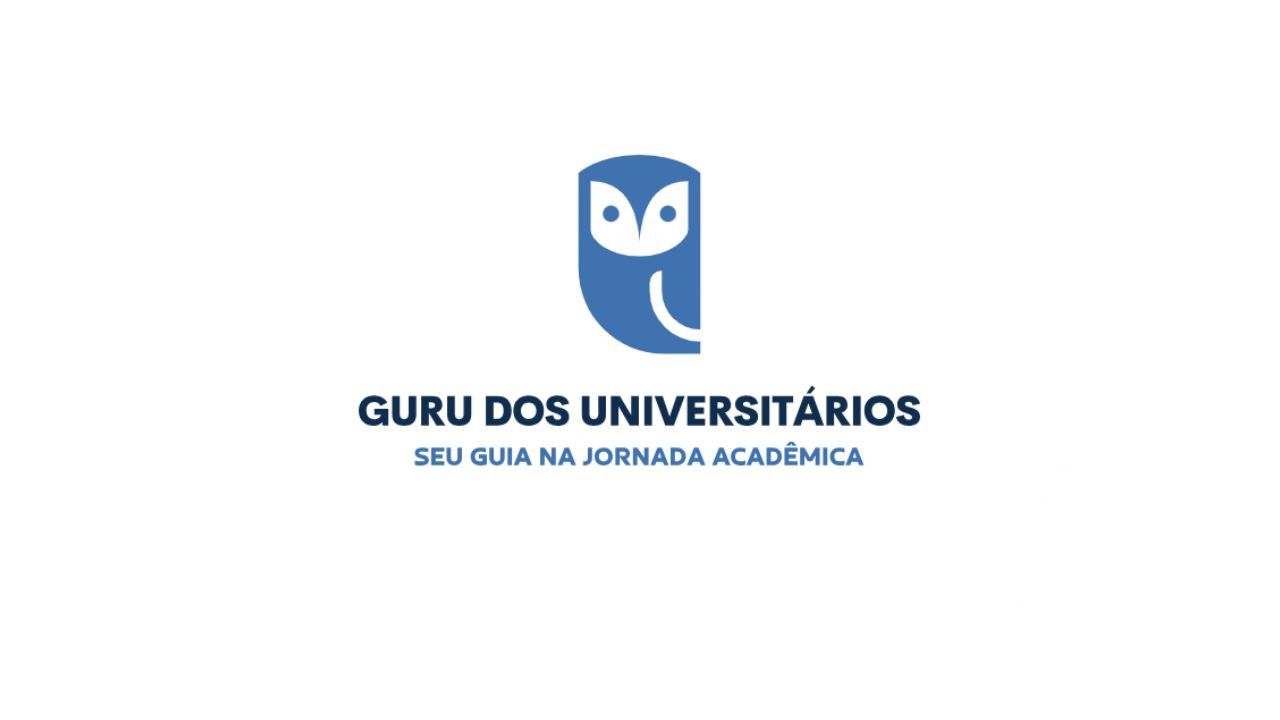Understanding the Brazilian Education System: A Parent's Guide
Overview of the Brazilian Education System
Understanding the Brazilian education system can be essential for parents considering relocating to Brazil or those who want to better understand the educational opportunities available for their children. The system is structured into several levels, and knowing these can help parents make informed decisions.

The Brazilian education system is divided into three main stages: Basic Education, Higher Education, and Postgraduate Studies. Each stage has its own unique characteristics and requirements, which we will explore in detail.
Basic Education
Basic Education in Brazil is compulsory and free for children aged 4 to 17. It is divided into three phases: Early Childhood Education (Educação Infantil), Primary Education (Ensino Fundamental), and Secondary Education (Ensino Médio).

Early Childhood Education is for children up to 5 years of age, focusing on developing social and cognitive skills. Primary Education lasts for nine years and is designed to provide a comprehensive education in subjects such as mathematics, science, and language arts. Secondary Education, which lasts for three years, prepares students for higher education or vocational training.
Higher Education
Higher Education in Brazil includes universities, colleges, and technical institutes. It is divided into undergraduate and graduate programs. Admission to universities typically requires passing a national entrance exam known as the Exame Nacional do Ensino Médio (ENEM).

Brazilian universities offer a wide range of programs in various fields, from engineering to humanities. Public universities in Brazil are renowned for their quality and are often free of charge, though admission is highly competitive.
Postgraduate Studies
Postgraduate studies in Brazil include Master’s and Doctoral programs. These programs are offered by both public and private institutions and are essential for students aiming to pursue academic or research-oriented careers.
Postgraduate programs usually require a bachelor’s degree and may include entrance exams or interviews. Scholarships and funding opportunities are available, particularly in public institutions, making them accessible to a broader range of students.
Educational Challenges and Reforms
While the Brazilian education system offers many opportunities, it faces challenges such as regional disparities and resource allocation. Recent reforms aim to address these issues through improved funding and updated curricula.

Parents can play a vital role by staying informed about these changes and engaging with local educational communities. Understanding the strengths and challenges of the Brazilian education system can empower parents to support their children's educational journey effectively.
